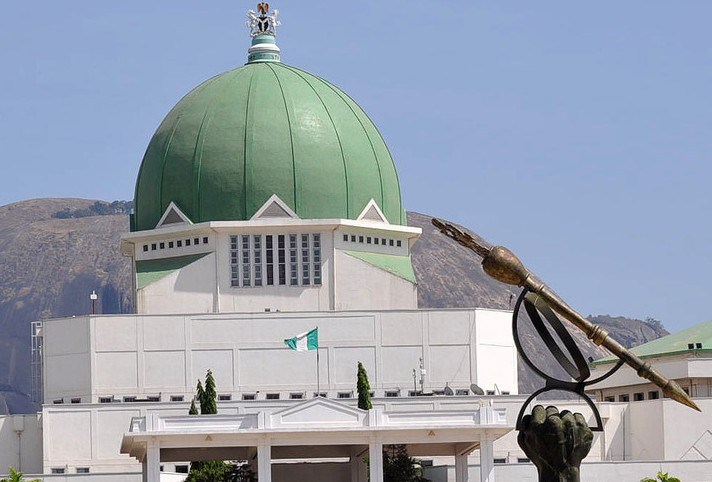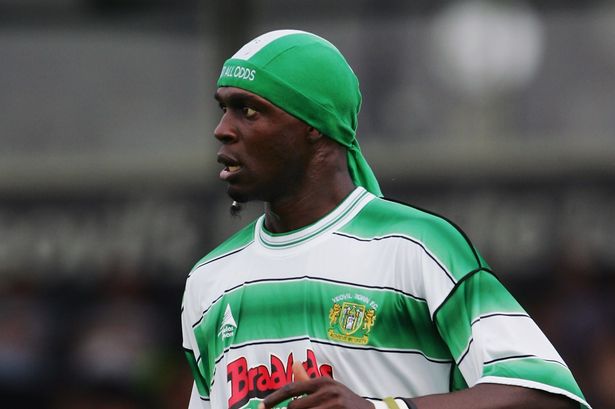At last, the National Assembly on Wednesday passed the 2018 budget estimated at N9.20 trillion as against N8.612 trillion presented to the National Assembly by President Muhammadu Buhari.
Giving the highlight of the budget, the Chairman, Senate Committee on Appropriations, Senator Danjuma Goje, said aggregate expenditure stands at N9,120,334,988,225; statutory transfer N530,421,368,624; debt services N2,203,835,365,699 ; recurrent expenditure N3,512,677,902,077; capital expenditure N2,873,400,351,825; fiscal deficit N1,954,464,993,775 and deficit to GDP standing at 1.73%.
In processing the budget, Goje said the Committee premised expenditure on revenue assumption of oil benchmark of $51, crude production of 2.3million barrel per day and exchange rate of N305 to a dollar. Goje said the difference of N508 billion was as a result of $5 excesses realised on every barrel of oil based on the $45 per barrel estimated by government.
He said after due consultation with the executive, special intervention was made in certain sectors of the economy. These include reduction of deficit- N50.88 billion; security – N46.72 billion; health – N57.15 billion; power, works and housing -N106.50 billion; judiciary- N10 billion; NNDC -N44.20 billion and education particularly for the infrastructure for the 12 newly established universities and meal subsidy in unity schools – N15.70 billion.
The Senate President, Bukola Saraki, said the legislators have put together a Budget that will lend itself easily to the government priority of revamping the economy, creating jobs and fuelling the economic recovery in a manner that has meaning for the ordinary man on the street.
Speaking on the implementation, Saraki said: “We would like to see that the process of implementation of the budget starts immediately so that our people will begin to benefit from the objective of the budget and opportunities it opens.
In order for us to have an efficient budget implementation, we will advise that agencies of government eliminate unnecessary bureaucracy and speed up the procurement process. “We have always believed that government spending must continue to grow on issues relevant to the welfare and security of our people.
In the same vein, government spending should reduce in areas where the private sector is better placed to catalyse progress. This will free up funds for Education, Health, Water and Sanitation services, amongst others. The Senate president noted with delight that the 2018 Budget has met the threshold of reserving at least 1% of total budget to health. Saraki said, “This is historic.
We were focused on this commitment of the 1% set aside for the Basic Health Care Provision Fund (BHCPF). We promised, and we have delivered”. While congratulating his colleagues for the passage of the bill, he noted that Nigerians should not hold the Parliament responsible for any delay in the passage but on certain situations.
“As you will recall, I had indicated the need for the Executive and the Legislature to come together, especially in the formation and passage of the Appropriation Bill. However, while we may have made progress in the formation stages, there is a lot more that needs to happen, to minimise delays and other stumbling blocks in the process.
“One of the symptoms of the unhelpful aspects of the prevailing culture hampering the process, remains the neglect or refusal of certain agencies of government to honour invitations to budget defence. It is our hope that we will see a major change in this regard, going forward”.
The budget debacle had been surrounded by counter allegations between the executive and legislature and has pitched the public against the parliament. The Senate had on several occasions accused Ministries, Departments and Agencies (MDAs) of government of not keeping to appointments with the various standing committees to defend their budgets.
President Buhari had on November 7, 2017, presented a budget of N8.6 trillion before a joint session of the National Assembly. Buhari, who announced the 2018 budget as “Budget of Consolidation”, noted that the projected expenditure would propel rapid economic recovery and growth.
Meanwhile, the House of Representatives, on Wednesday, passed the N9.120 trillion 2018 budget with a caveat that the Federal Government cannot engage in extra- budgetary spending unless through supplementary appropriation. The conference committee report of the budget was laid on Tuesday by the Chairman, House Committee on Appropriations, Hon Mustapha Dawaki.
Other conditions given by the House before passing the budget include barring the administration from borrowing without first furnishing the legislature details of the borrowing plan and obtaining approval. The House also set up a conference committee to liase with the Senate based on the conditions attached to the budget passage, which has now fixed the budget cycle at 12 months.
Chairman, House Committee on Media and Public Affairs, Hon Abdulrazak Namdas, made the conditions known when he addressed House correspondents. He said: “We have set up a conference committee to harmonise with the Senate based on the new clauses passed by the House.
“We believe that a clean copy of the budget will be ready by next week and sent to the President for assent.” Namdas explained that the budget was jacked up based on a new oil benchmark of $51, crude oil production of 2.3mbp/d and an exchange rate of N305/one dollar.
He added that reduction of deficit amounted to N50.88 billion; security – N46.72 billion; health – N57.15 billion; power, works and housing – N106.50 billion. Also, he said that education particularly for the infrastructure for the newly established federal universities and meal subsidy for Unity schools got N15.70 billion; judiciary -N10 billion and the NDDC – N44.2 billion. Breakdown of the budget showed that Ministry of Power, Works & Housing got the highest allocation of N682.309 billion, followed by Transportation which received N251.420 billion; N157.715 billion is for Defence; N149.198 billion is for Agriculture and Rural Development; N147.200 billion is for Water Resources and N102.907 billion is for Education while N150 billion is allotted for special intervention programme.




